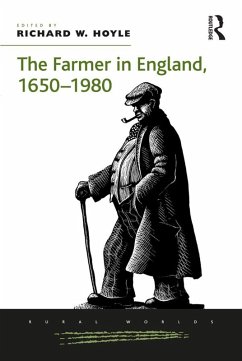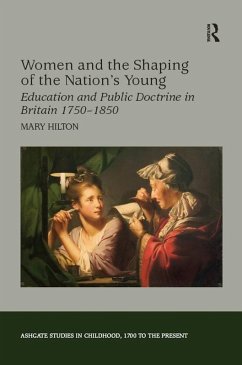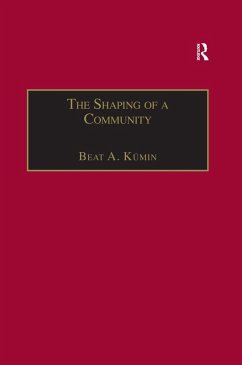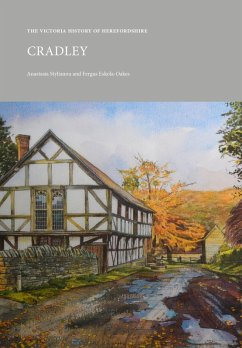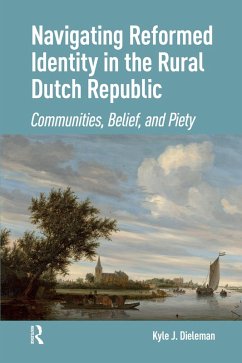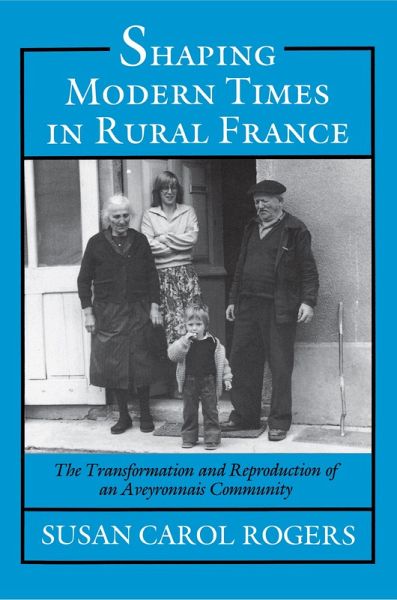
Shaping Modern Times in Rural France (eBook, ePUB)
The Transformation and Reproduction of an Aveyronnais Community
Versandkostenfrei!
Sofort per Download lieferbar
43,95 €
inkl. MwSt.
Weitere Ausgaben:

PAYBACK Punkte
22 °P sammeln!
Challenging the notion that modernization is a homogenizing process, Susan Rogers contends that in the course of large-scale transformations communities often reproduce and strengthen distinctive cultural and social features. To make this argument, she focuses on the French farming community of "Ste Foy" during a period of rapid change (1945-75). Using ethnographic field data and archival material that she collected as a "participant-observer," she finds an intriguing puzzle: an allegedly archaic social form, the ostal, has become increasingly common in the community. The ostal, a type of fami...
Challenging the notion that modernization is a homogenizing process, Susan Rogers contends that in the course of large-scale transformations communities often reproduce and strengthen distinctive cultural and social features. To make this argument, she focuses on the French farming community of "Ste Foy" during a period of rapid change (1945-75). Using ethnographic field data and archival material that she collected as a "participant-observer," she finds an intriguing puzzle: an allegedly archaic social form, the ostal, has become increasingly common in the community. The ostal, a type of family farm organized around an extended "stem family" household, is a variant of the stem family systems associated with preindustrial southern Europe. How have Ste Foyans continued to remake this "archaic" mode as their community grew more prosperous and more involved in national and international markets? In showing how the specific identity of a community is reproduced rather than obliterated by modernization, the author reveals dialectical relationships between structure and change, history and culture, and the centralized nation-state and regional diversity. This analysis addresses anthropologists, historians, and scholars interested in local politics and economic development.
Dieser Download kann aus rechtlichen Gründen nur mit Rechnungsadresse in A, D ausgeliefert werden.




